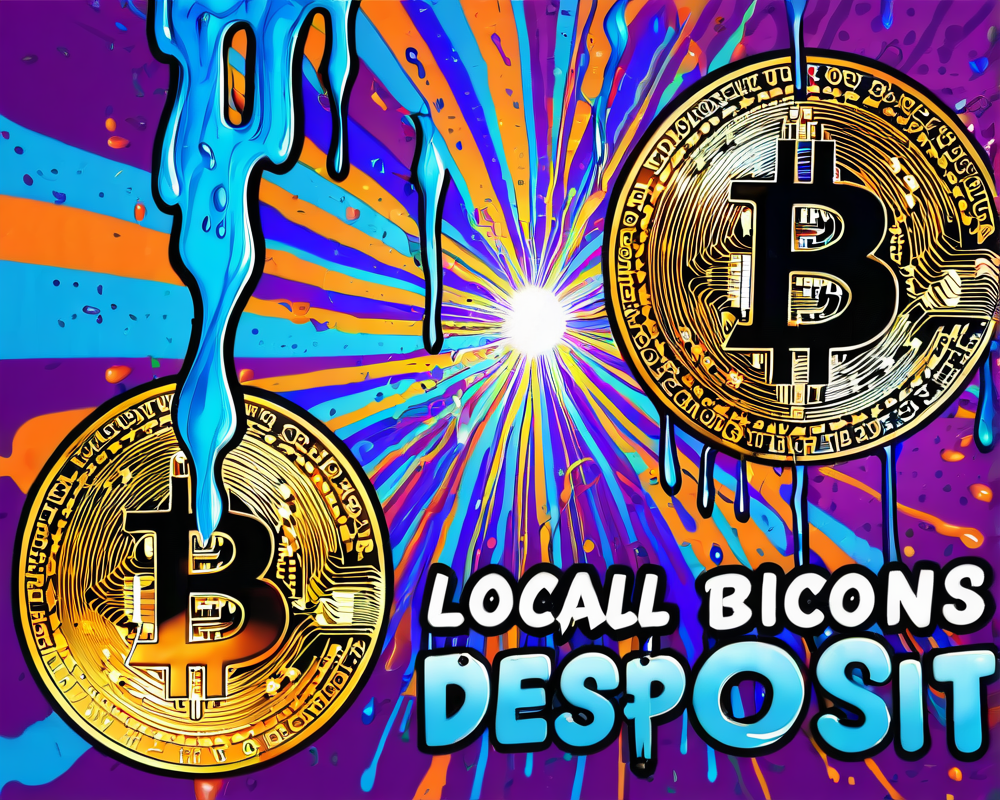Bitcoin’s Volatility: The Coke Bottle Analogy
During a recent conference, Mastercard CEO Ajay Banga took a hard stance on Bitcoin, emphasizing its volatility as a significant barrier to financial inclusion for the unbanked. He drew an unusual comparison to Coke bottles to illustrate his point. Imagine trading a cryptocurrency that could cost you the price of two bottles of Coke today but skyrocket to twenty-one tomorrow. Banga stated, “That’s not a way to get them included; that’s a way to make them scared of the financial system.”
Transparency Issues in Cryptocurrencies
Banga also expressed concern over the anonymity surrounding many cryptocurrencies. He stated, “I am not a believer in the volatility or the absence of transparency in who is the person who’s involved with that currency.” His skepticism stems from a history of calling non-government-mandated cryptocurrencies “junk” and comparing them to “snakes”—not exactly the best selling point for financial innovation.
Central Bank Digital Currencies: A Safer Alternative
In light of his critiques, Banga advocates for central bank digital currencies (CBDCs) as a more reliable solution. He believes that if fiat currencies transitioned into the digital realm, it could significantly aid cross-border trade while still maintaining governmental oversight. After investing heavily in the CBDC space, Banga revealed, “Today, we’re one of the largest patent holders in central bank digital currencies.” This supports Mastercard’s apparent pivot from skepticism to serious collaboration in this evolving financial sphere.
The Shift from Cryptocurrencies to State-issued Options
Interestingly, Mastercard’s relationship with cryptocurrencies hasn’t always been adversarial. In 2019, they were founding members of Facebook’s Libra project. However, the company later exited, alongside other major players like Visa and PayPal. Banga sited a lack of transparency as a core reason for this withdrawal. His focus now lies firmly on state-sanctioned digital currencies, a pivot that highlights the industry’s ongoing maturation.
The Future of Digital Currency with Mastercard’s CBDC Sandbox
Looking forward, Mastercard has introduced a CBDC sandbox, unveiled in September of this year. This platform allows central banks and commercial banks to collaborate and explore realistic use-cases for CBDCs, particularly concerning cross-border transaction flows. While the tool simulates various transaction environments, the specific banks engaged with it remain under wraps—perhaps another layer of the opaqueness Banga is trying to dodge.




